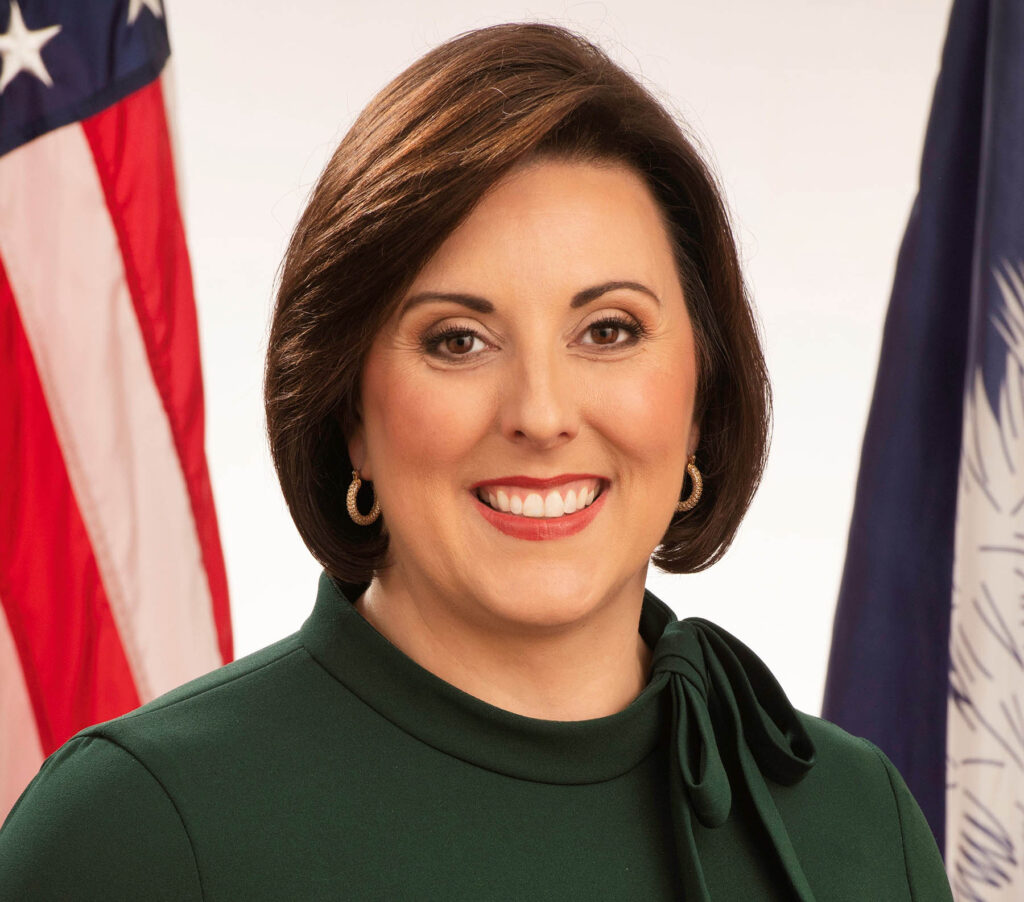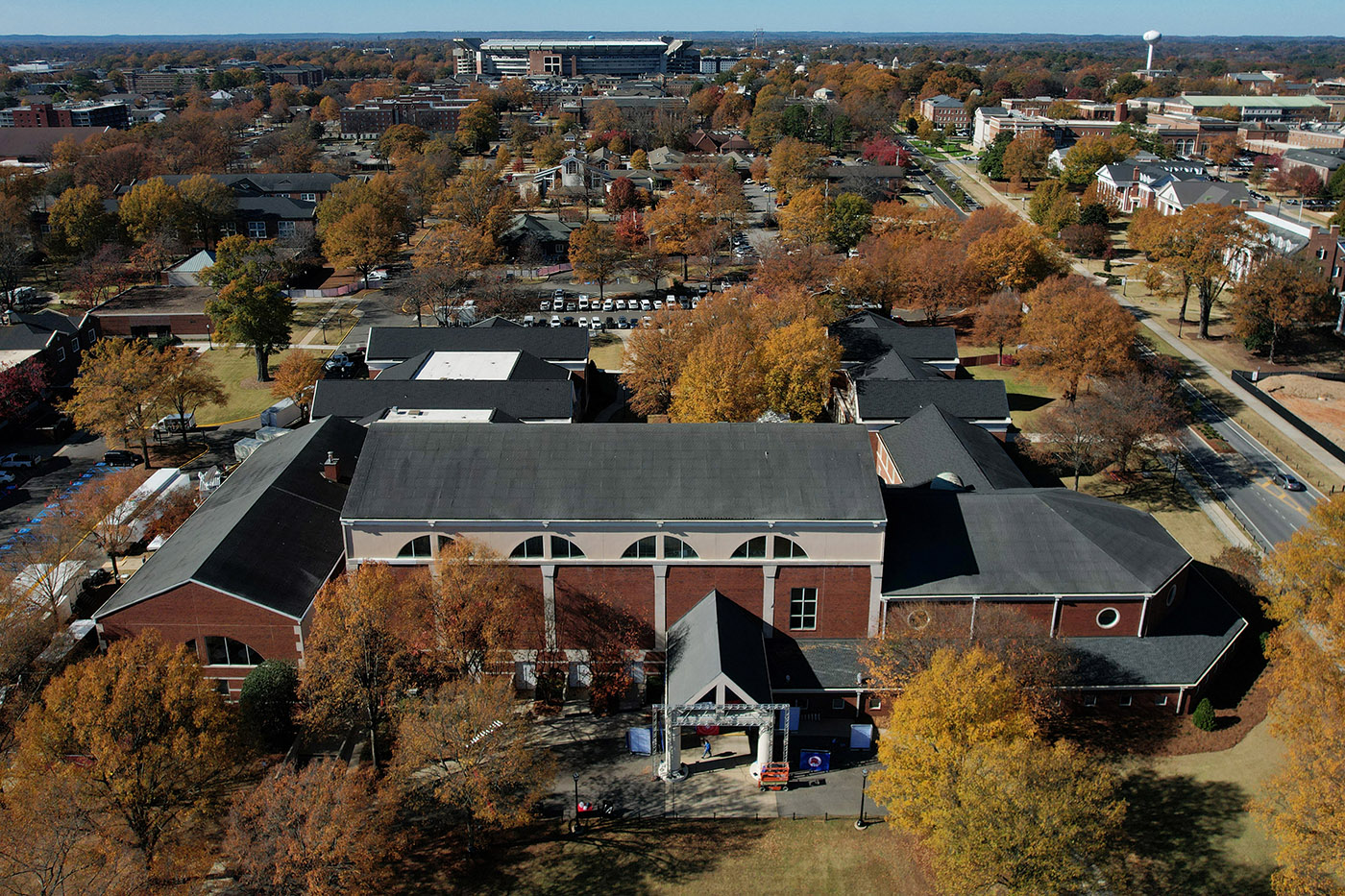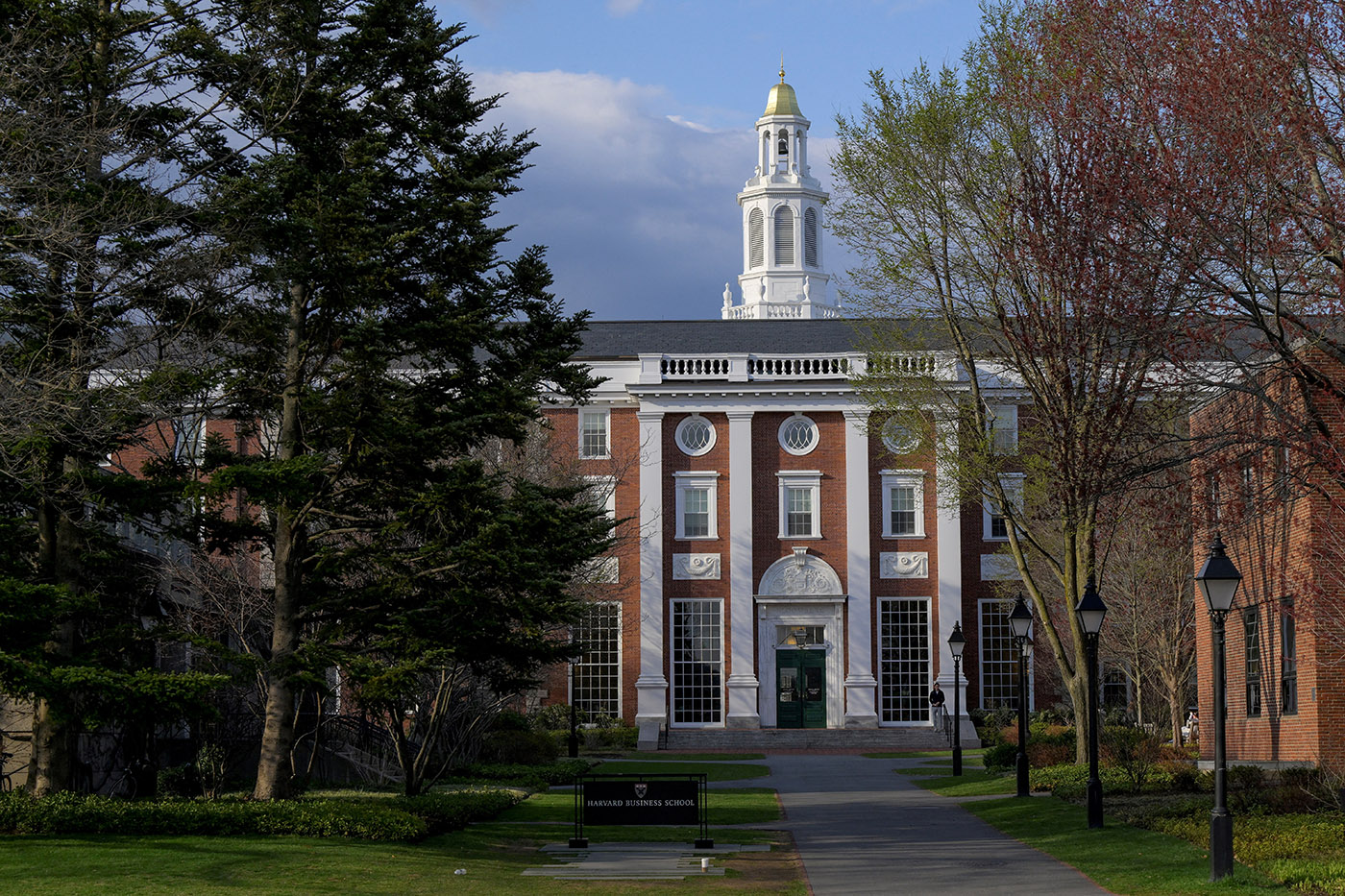COLUMBIA, S.C. (AP) — The State Board of Education is considering a universal definition of “age appropriate” educational materials in South Carolina schools and libraries that would bar descriptions or visual depictions of what it deems sexual conduct, and items that are “obscene” or “indecent.”
The regulation is the latest effort from conservative policymakers to restrict public school students’ access to books covering topics of race, gender identity and sexual orientation.
A vote Tuesday to advance the policy is just the beginning of the process. Final approval is expected to be decided next year before the Republican-led state Legislature can then take up the proposal. A similar bill currently sits in a conference committee of state lawmakers.
People packed into a conference room in Columbia, South Carolina, on Tuesday afternoon. Some wore shirts for Moms for Liberty, a conservative group behind many book bans nationwide, while others donned buttons supporting local organizations that promote diversity in literature.
Patrick Kelly, a lobbyist for the Palmetto State Teachers Association, recommended that board members limit the complaint process to just students, their families and school employees. He said the current proposal “will create untenable working conditions for educators forced to reply to complaints rather than focus on student needs.”
Opponents decried the regulation as an overstep of local officials’ authority, which could jeopardize the availability of inclusive books that address sometimes sensitive subjects, and can resonate with students from marginalized backgrounds.
“With all due respect, we do not want the state coming in and overriding what we have done locally,” said Melinda Henrickson, the founder of Families Against Book Bans. She’s also a resident of Beaufort County, where the Post and Courier newspaper reports that students lost access to nearly 100 books, including Margaret Atwood’s “The Handmaid’s Tale.”
Supporters called the proposal a necessary step to ensure that students statewide have curriculum that is unbiased and matches their cognitive development stage.
The policy takes its definitions of “obscene” and “indecent” from federal statutes and broadcast television regulations. It would prohibit officials from removing any existing materials based primarily on disagreement with their viewpoints.
“We’re not sweeping the baby out with the bathwater here,” said Miles Coleman as he explained the policy to the board. Coleman is a partner at Nelson Mullins focused on First Amendment law and is listed as president of the conservative Federalist Society’s chapter in Columbia, South Carolina.
The proposal also requires district boards to consider whether library shelves could be “better filled” by materials that it considers more “rigorous” or “objective.”
A Lexington County resident advocated for the regulations because his district’s library contained books that he found objectionable. Among those texts was a feminist retelling of the “Little Red Riding Hood” fairytale recommended for ages 14-18, which includes descriptions of consensual sex. Other titles named were Rupi Kaur’s “milk and honey,” a popular poetry collection about surviving abuse and violence, and George M. Johnson’s “All Boys Aren’t Blue,” a memoir about growing up LGBTQ+ and Black.
At least seven states have adopted laws since last year prohibiting classroom instruction on gender identity or sexual orientation in lower grades, which has resulted in the removal of some books from classrooms and school libraries. The policies are in place in Alabama, Arkansas, Florida, Indiana, Iowa, Kentucky and North Carolina.
Iowa’s law specifically bars school libraries from having books that depict sex acts. A judge put on hold a separate Arkansas law that would have allowed criminal charges against booksellers and librarians for providing what it considered “harmful” materials to minors just before it was to take effect in August.
Tags


